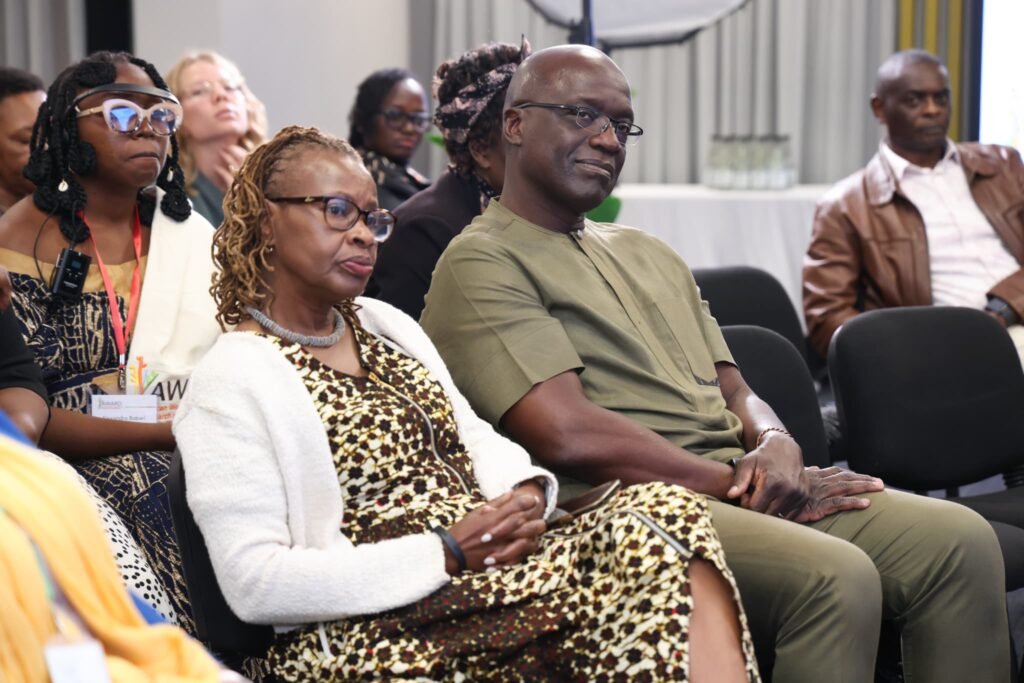African Women in Agricultural Research and Development (AWARD) has launched a Gender in Agrifood Systems Policies (GASP) Program to help promote gender-responsive policies while fostering equitable and resilient agrifood systems across Africa. The program comes as a relief especially to many mid-career African women professionals who generally contribute significantly to agriculture employment across Africa, yet they often face barriers such as limited access to land, credit, training, and markets. Addressing these challenges through gender-responsive policies is essential to boosting productivity, enhancing food security, and supporting sustainable economic growth.
Over the course of the program, participants from Burkina Faso, Cameroon, Kenya, Madagascar, Mali, Nigeria, Togo, and Zambia and select institutions will enhance their capacities to design and implement gender-responsive policies and programs that drive systemic change within agrifood systems.
“We are honored to launch the GASP Program, which reflects our commitment to empowering women leaders in policy to transform Africa’s agrifood landscape,” said Dr. Susan Kaaria, Director of AWARD. “By placing gender at the center of agrifood systems policy, we aim to create inclusive and equitable systems that benefit communities and economies across the continent.”
Empowering women through targeted policies not only improves their livelihoods but also drives innovation and resilience in agriculture, which is critical to meeting future food demands. “As Africa’s agriculture continues to grow, it is vital that policies reflect the needs and strengths of all people, especially women who play key roles across the food system,” added Hannah Scheuermann, Advisor on Sustainable Agricultural Policies and Systems at GIZ. “The GASP Program is an important step toward ensuring that agricultural development is inclusive, sustainable, and benefits entire communities.”
Dr. Steven Were Omamo, Development Strategies and Governance Director for Africa at the International Food Policy Research Institute (IFPRI), said policies and investments need to expand and deepen modern segments of the food system, and create on-ramps for excluded groups to connect to these segments on fair terms. “The second priority is that we need to invest in institutions that are capable of delivering inclusion at scale—not just designing policy. Inclusion is not achieved through policy design alone. It requires institutional readiness—the capacity to deliver complex, cross-cutting, and context-sensitive interventions in the real world,” said Dr. Omamo.


